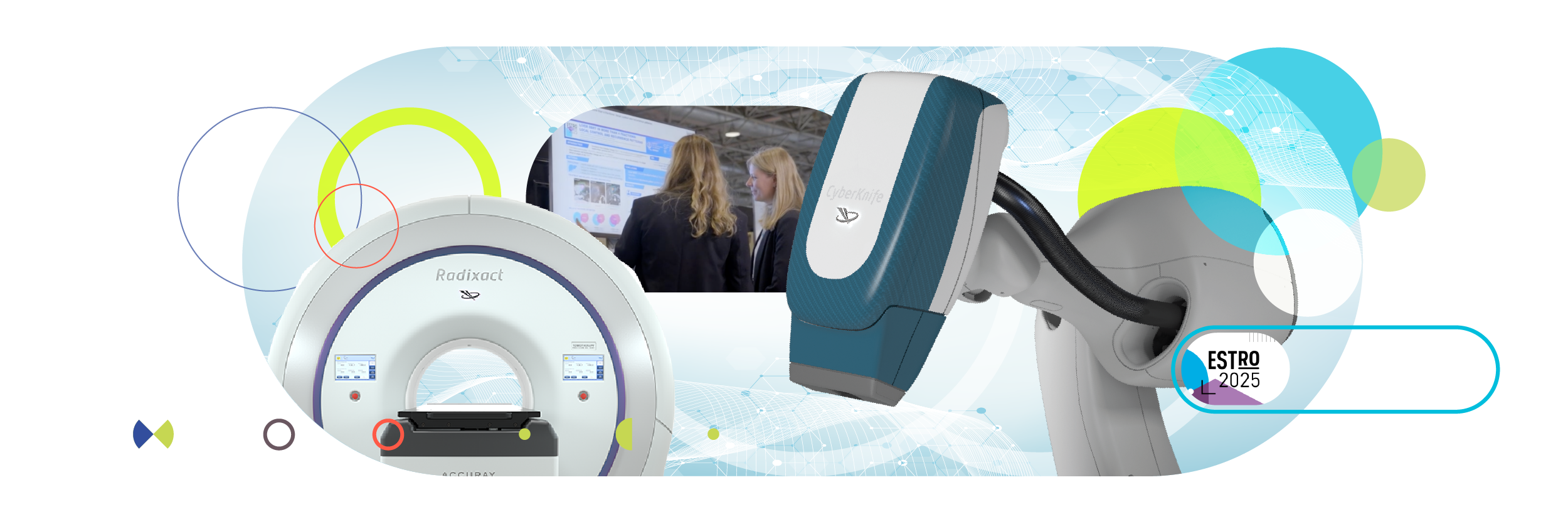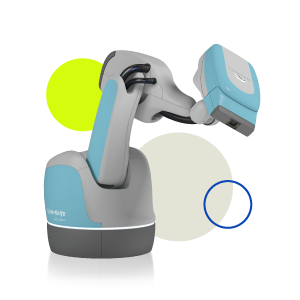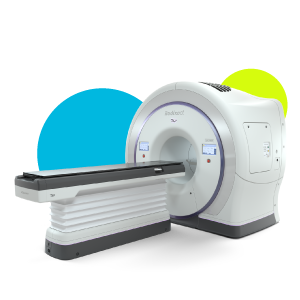The theme for the ASTRO 2023 Annual Meeting ‘Pay it Forward: Partnering with Our Patients’, puts the focus on the patient perspective in clinical trials. This helps shine the spotlight on strengthening patient-centered care, patient quality, and safety issues in the delivery of radiation therapy when designing and carrying out research[1].
The patient experience has far-reaching implications in clinical trials. It is important that patients are well informed, valued, respected, and listened to, allowing a more patient-centric approach, and helping the execution of the trial.
Why is Patient Experience Important in Clinical Trials?
In an article by Dr. Gina Jansheski, there are 3 core areas where patient experience matters most[2]:
- Improves recruitment and retention – 86% of clinical trials fail to recruit the number of participants they need. This can cause trials to be delayed or cancelled, having a big impact on the researchers, sponsors, participants, and ultimately the patients that may benefit from this treatment. There can also be huge cost implications in setting up a trial only to see it fail before it ever took off the ground.
- Provides valuable feedback about the treatment – Patients are a key source for providing valuable insights into how the treatment is working. They provide information on the side effects of treatment and how they are being impacted in their day-to-day lives.
- Avoids unreliable results – Effective communication is required before, during and after the trial to minimize stress to the patient and help collect meaningful information. There is a risk that patients who are stressed may report side effects from stress as side effects of the treatment leading to less reliable findings.
Ensuring effective communication, and understanding the participants’ perceptions will help to improve the patient experience in clinical trials which will help to increase recruitment, retention and reliable data.
Why are Events Like ASTRO Important?
ASTRO delivers an incredible program of education and research in the field of radiation oncology. These events are important as they allow healthcare professionals to develop a deep understanding of cancer treatments being investigated. Research can change the future of patient care, helping to improve patient’s quality of life and outcomes so that they can get back to living their lives faster.
Highlights from ASTRO 2023: Research that is Making Strides Forward in Patient Care
Prostate Cancer Research
With a robust five-year dataset, the PACE-B trial demonstrates that five-fraction stereotactic body radiation therapy (SBRT) is as effective as the standard fractionations for low- to intermediate-risk prostate cancer. Genitourinary and gastrointestinal toxicity remained low with no significant differences between the 2 groups. These breakthrough results demonstrate that patients can achieve the same results with a treatment option that is significantly more convenient. As a result, it looks possible that five-fraction SBRT is poised to become the new standard of care for these patients[3].
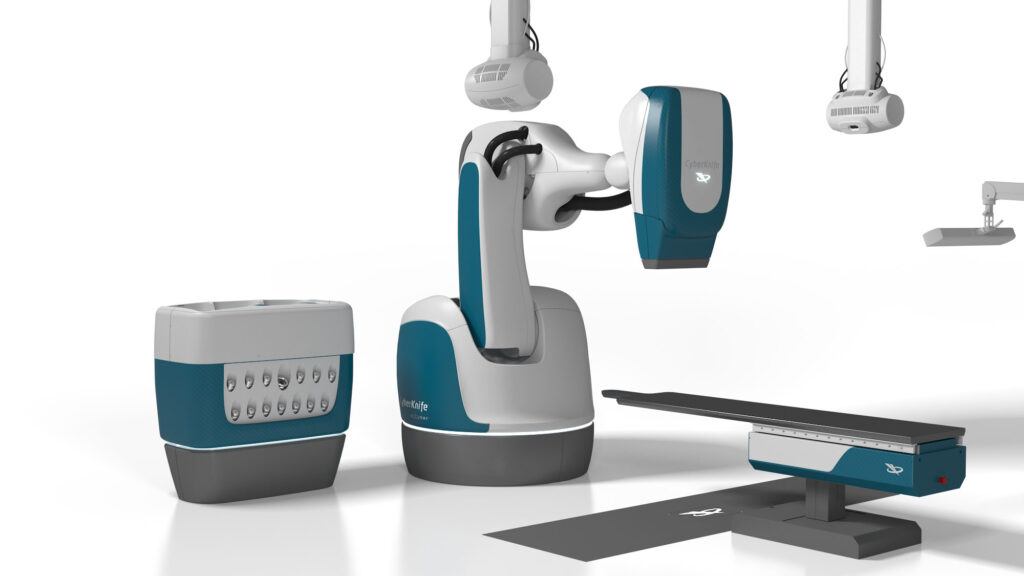
Another study reported an update on the outcomes of patients younger than 50 years old treated with 5-fraction SBRT for prostate cancer with the CyberKnife® System. Many younger men will have surgery for prostate cancer as there is a paucity of data on the outcomes in this younger subset. This study represents the largest series evaluating outcomes in very young patients treated with definitive SBRT. PSA of this young cohort of patients were compared to men treated over 50 years old, demonstrating no significant difference between the two groups[4]. This research underscores the effectiveness of SBRT for patients in this category, providing an alternative to surgery.
Intracranial Research
Stereotactic radiosurgery and hippocampal avoidance techniques are under investigation as an alternative to whole brain radiotherapy (WBRT), primarily due to their potential to reduce neurocognitive decline, helping to maintain memory and improve the quality of life for patients.
Traditionally patients with brain metastases from small cell lung cancer (SCLC) are treated with WBRT. The ENCEPHALON trial is a phase II trial that randomized patients with brain metastases from small-cell lung cancer between WBRT and stereotactic radiotherapy (SRT) with the CyberKnife System. They found that patients receiving WBRT were at higher risk of a significant decline in neurocognitive function than patients receiving SRT. This trial expands the applicability of SRT to this population of patients and demonstrates the efficacy with which the CyberKnife System can minimize dose to healthy tissue to help reduce neurocognitive decline[5].
Another study exploring a benefit of hypofractionated stereotactic radiotherapy (HFSRT) over WBRT for neurocognitive function is the ESTRON trial. This study compared post operative (HFSRT) to WBRT in patients with 1-10 brain metastases. 54 patients were randomized and results showed that HFSRT provides excellent local control. Further follow-up is required to determine the risk of intracranial progression and neurocognitive function[6].
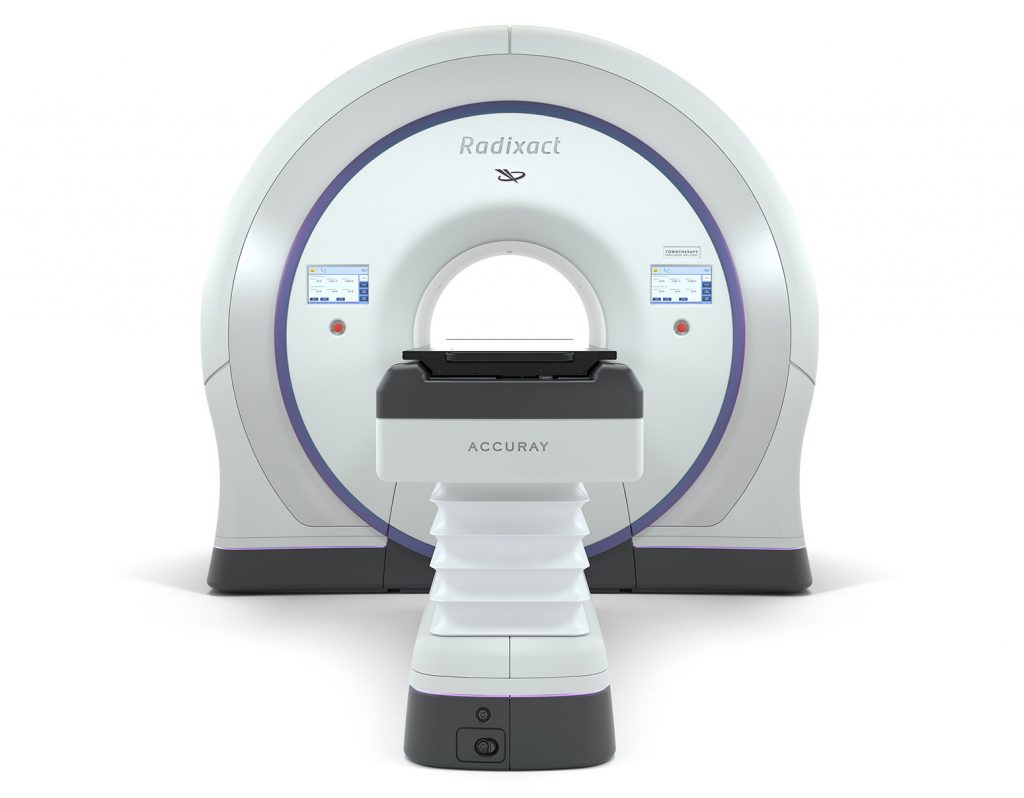
The introduction of hippocampal-avoidant whole brain radiotherapy (HA-WBRT) has allowed improvements in short-term memory without compromising treatment efficacy. Planning HA-WBRT with VMAT can be resource-intensive and does not always meet the planning objectives. A single-institution dosimetric study compared VMAT arcs with helical delivery on the TomoTherapy® System to see if improvements in dosimetry and treatment planning time could be achieved. It was found that significant improvements in target coverage and organ at risk sparing could be achieved using the TomoTherapy System[7].
Breast Cancer Research
Stereotactic partial breast irradiation is a notable advancement that significantly reduces radiation exposure to the heart, lungs, and breast in low-risk breast cancer patients, compared to traditional whole-breast techniques. One study in particular delivered preoperative stereotactic partial breast irradiation in a single fraction with a dose of up to 34 Gy to early-stage breast cancer patients. This approach holds immense promise for patients with early-stage breast cancer, potentially eliminating tumors with radiation and endocrine therapy alone. This could pave the way for a future without surgery. Further follow-up and data are required[8].
Advancing Care for the Future
All the research presented at ASTRO provides remarkable strides forward in the field of radiation oncology. This research has the potential to enhance patient outcomes and offer greater choice and hope to those facing cancer treatment. It is the participation of patients in these trials that helps to make these advancements possible
To read more abstracts that mention Accuray systems please visit the 25+ years of clinical evidence page.
References
- ASTRO 2023 https://www.astro.org/Meetings-and-Education/Micro-Sites/2023/Annual-Meeting/Learn/Program/Format-and-Objectiveswebsite
- Dr Gina Jansheski (2022) Clinical Trials: Why Is The Patient Experience Important? (healthmatch.io). HealthMatch
- van As et al. (2023) 5-Year Outcomes from PACE B: An International Phase III Randomized Controlled Trial Comparing Stereotactic Body Radiotherapy (SBRT) vs. Conventionally Fractionated or Moderately Hypfractioned Exte. ASTRO 2023
- Mendez et al. (2023) Robotic SBRT in Prostate Cancer Patients Younger Than 50 Years Old- Updated Results. ASTRO 2023
- Bernhardt et al. (2023) Stereotactic Radiotherapy vs Whole Brain Radiaiton Therapy for Patients with 1-10 Brain Metastases from Small Cell Lung Cancer: Results of the Randomized ENCEPHALON (ARO 2018-0) Trial. ASTRO 2023
- El Shafie et al. (2023) Hypofractionated Stereotactic Radiotherapy (HFSRT) of the Resection Cavity versus Whole-Brain Radiotherapy (WBRT following Brain Metastasis Resection – Results of the ESTRON Randomized Phase 2 Trial. ASTRO 2023
- DiBartolo et al. (2023) Helical TomoTherapy Planning Technique Improves Dosimetry for Hippocampal-Avoidant Whole Brain Radiotherapy Compared with VMAT. ASTRO 2023
- Rahimi et al. (2023) Early Results of a Phase 1 Pre-Operative Single Fraction Ablative Trial for Early Stage Breast Cancer. ASTRO 2023
Accuray Incorporated as a medical device manufacturer cannot and does not recommend specific treatment approaches. Individual results may vary.


